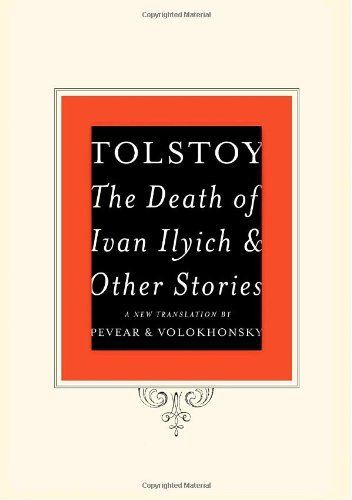
Reviews
Adam Scharf@beethoven89
Kay so Queso@kisoh
Jeremy Anderberg@jeremyanderberg
Nathan Griffin@burdell
Laura Carnevale@laura_c
Denis@denis
kylie winland@ky_lovey
Ajay Kannan@ajaykannan
Shreyaa@shreyaa
Hooman Rostami@hooman
Aidan@aidan
n@undercoverangel
Jake Yard@jacobyard
Dylan Garrett@dygar
Jason Skicewicz@jskitz
Ketan Nayak@ketan
Dana Gamburg@gamburg
David@texas_strut
Andrew Sztehlo@sztehlocomics
Highlights
Kay so Queso@kisoh
Page 232
Kay so Queso@kisoh
Page 56
Kay so Queso@kisoh
Page 11
Kay so Queso@kisoh
Page 6